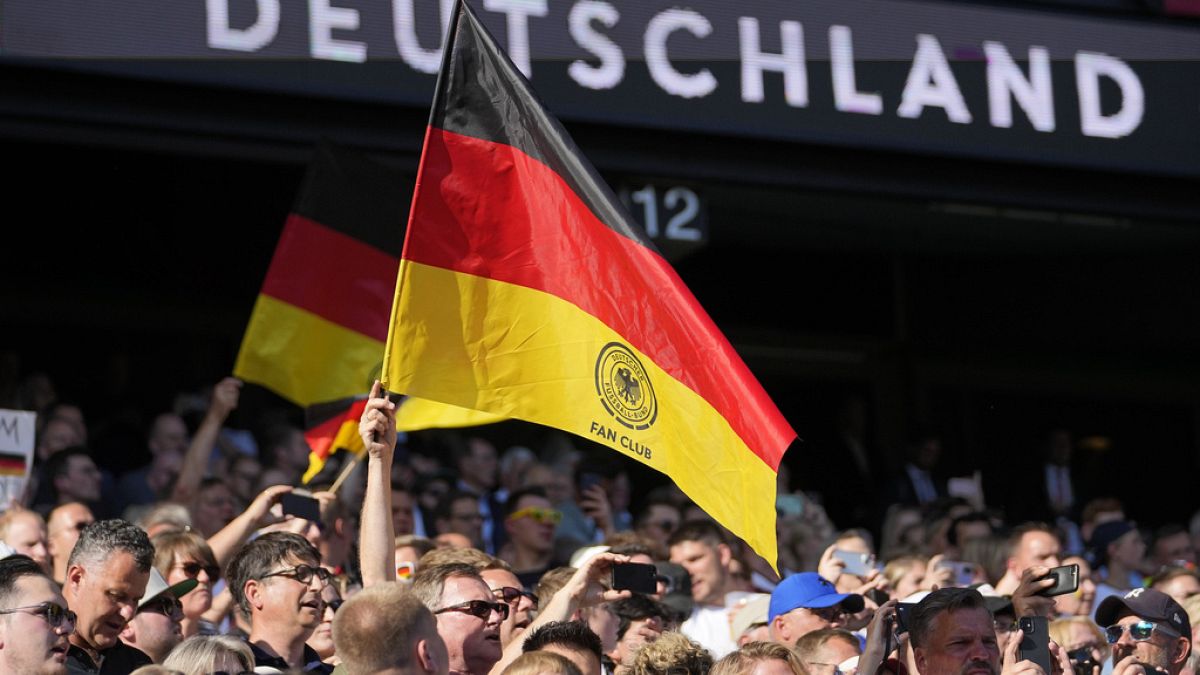German retail sales numbers dropped in November following internet and non-food sales being less than anticipated.
German month-on-month retail sales numbers for November 2023 came in on Friday morning at -2.5%, down from 1.1% in October and below forecasts of -0.1%. This was the largest fall since April 2022 and was largely driven by declining internet and mail order sales, which slipped 2.8%.
Non-food item sales also fell by 3.6%, with food item sales also sliding 0.5%. However, clothing, textiles, leather goods and shoe sales inched up 2%.
Year-on-year retail sales for November 2023 inched down -2.4%, down from -0.1% in October. In the first 11 months of 2023, retail activity fell back by 3.3%.
This could be a worrying sign for Europe’s largest economy, as Germany may still be struggling with slowing economic growth and regaining its footing following the pandemic and energy crisis. It could also solidify speculations that the Eurozone is inching closer to recession, as Germany’s consumer spending is typically seen as a key indicator for the bloc’s overall economic health.
German inflation on the rise once more
German inflation also came in at 3.7% in December, the first rise in seven months, which further fanned economic worries. This was largely due to escalating energy prices, after two months of brief respite.
In December 2022, the German government had launched the “December aid initiative”, a one-time measure to reduce heating, gas and energy bills for households. This in turn, had reduced inflation somewhat last December, causing December 2023’s inflation to seem even higher in comparison.
However, the EU has also announced that it will be continuing three key measures to decrease member countries’ dependence on Russian gas and energy. This three-pronged action plan includes improving solidarity between member states, shielding EU homes from increasingly high energy bills and quickening the approval process for renewable energy plans.
According to Barbel Heiderbroek, president of the German Wind Energy Association, this was “a strong sign that the EU is serious about its plans to transform the European energy supply”.
Energy crisis still batters German economy
The energy crisis sparked from the Russia-Ukraine war has hit Germany – often regarded as the powerhouse of Europe – exceedingly hard, as the country relies heavily on its energy-intensive manufacturing and automobile sectors. This in turn, led to higher energy prices as well as production and capacity cuts.
Nuclear energy also does not seem to be much of an option to counter this, with the country phasing out its last three nuclear plants earlier this year, as a result of a long-drawn out controversy mired in German anti-nuclear sentiment.
Faster approvals for renewable energy plans should help ease this crisis considerably, with BDEW, the German energy and water association’s head Kerstin Andreae noting that “measures implemented in Germany under the ordinance have already significantly accelerated the expansion of onshore wind energy”.

Tyler Fields is your internet guru, delving into the latest trends, developments, and issues shaping the online world. With a focus on internet culture, cybersecurity, and emerging technologies, Tyler keeps readers informed about the dynamic landscape of the internet and its impact on our digital lives.


